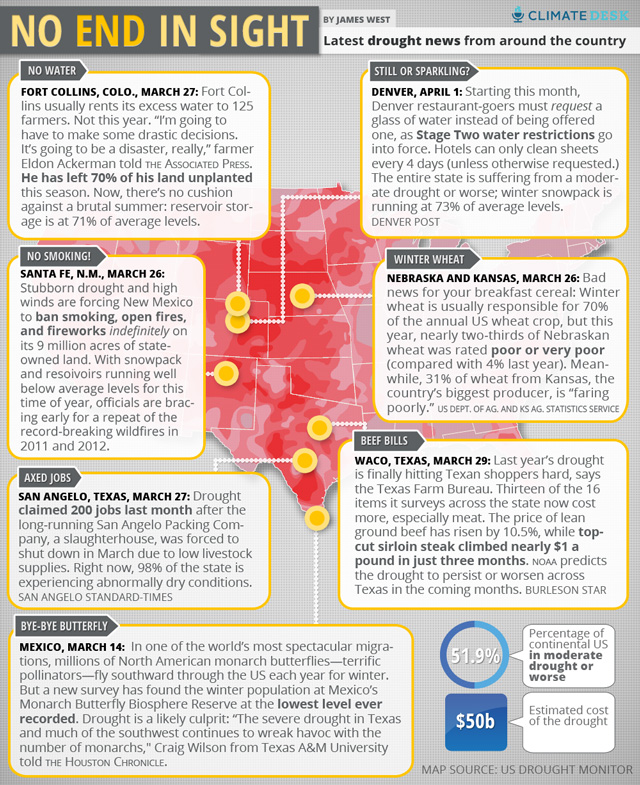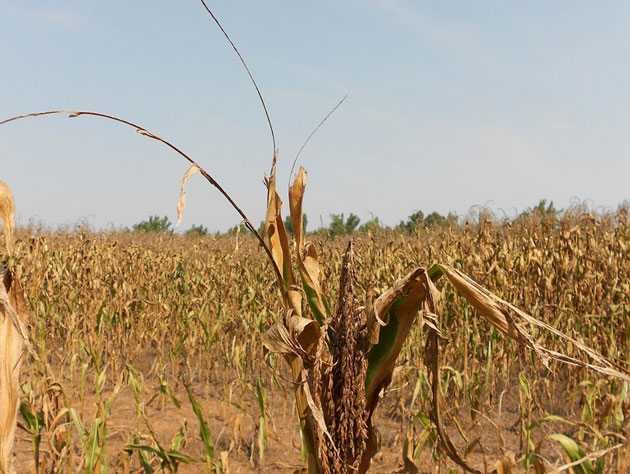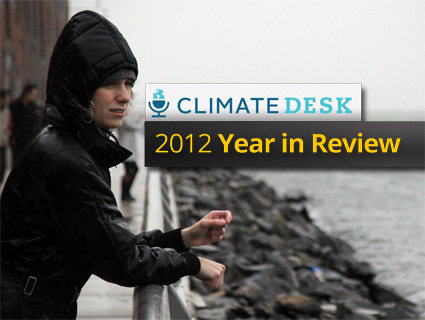
The $50 billion drought that bedeviled the country last Summer—the worst since the Dust Bowl of the 1930’s—still has its fingers around half the country. And if predictions are to be believed, it’s only going to get worse for many in the coming months.
Weekly drought figures released Thursday by the US Drought Monitor, a joint project of the National Oceanic and Atmospheric Administration, the USDA and several other government and academic partners, show the situation has worsened slightly from last week, with nearly 52% of the continental US now suffering from a moderate drought or worse. Below-average winter snow pack and rainfall are keeping much of the country in a holding pattern. No measurable precipitation fell on most of central and northern Illinois, southern Wisconsin, central and northern Iowa, southwestern Minnesota, and the Louisiana Bayou last week. Rain that fell in the West did nothing to alleviate the drought there; in fact, parts of western Oregon and southwestern Washington have reported their driest start to a calendar year on record. The forecast for the next two weeks? Dry and dry again.
The National Oceanic and Atmospheric Administration’s climate prediction center warns today that drought is likely to persist for much of the West and expand across northern California and southern Oregon. Although the numbers are more optimistic across eastern Kansas and Oklahoma, with some rain on the way, drought still has a strong grip on much of Colorado, New Mexico, Utah, Nevada, and Arizona due to low snow-water (around 75% of normal) heading into spring and early summer. That is just the latest in a battery of warning signs that show another brutal summer on its way: California experienced its driest January-February period on record, and average winter temperatures across the contiguous US were 1.9°F above the 20th century average.
These figures come on the back of the spring outlook from NOAA released two weeks ago that point to hotter, drier conditions coming up across much of the US, and with that, flooding.
In many parts of the country, drought in fact never loosened its grip, imperiling the winter wheat crop that sustains much of the US wheat industry.













